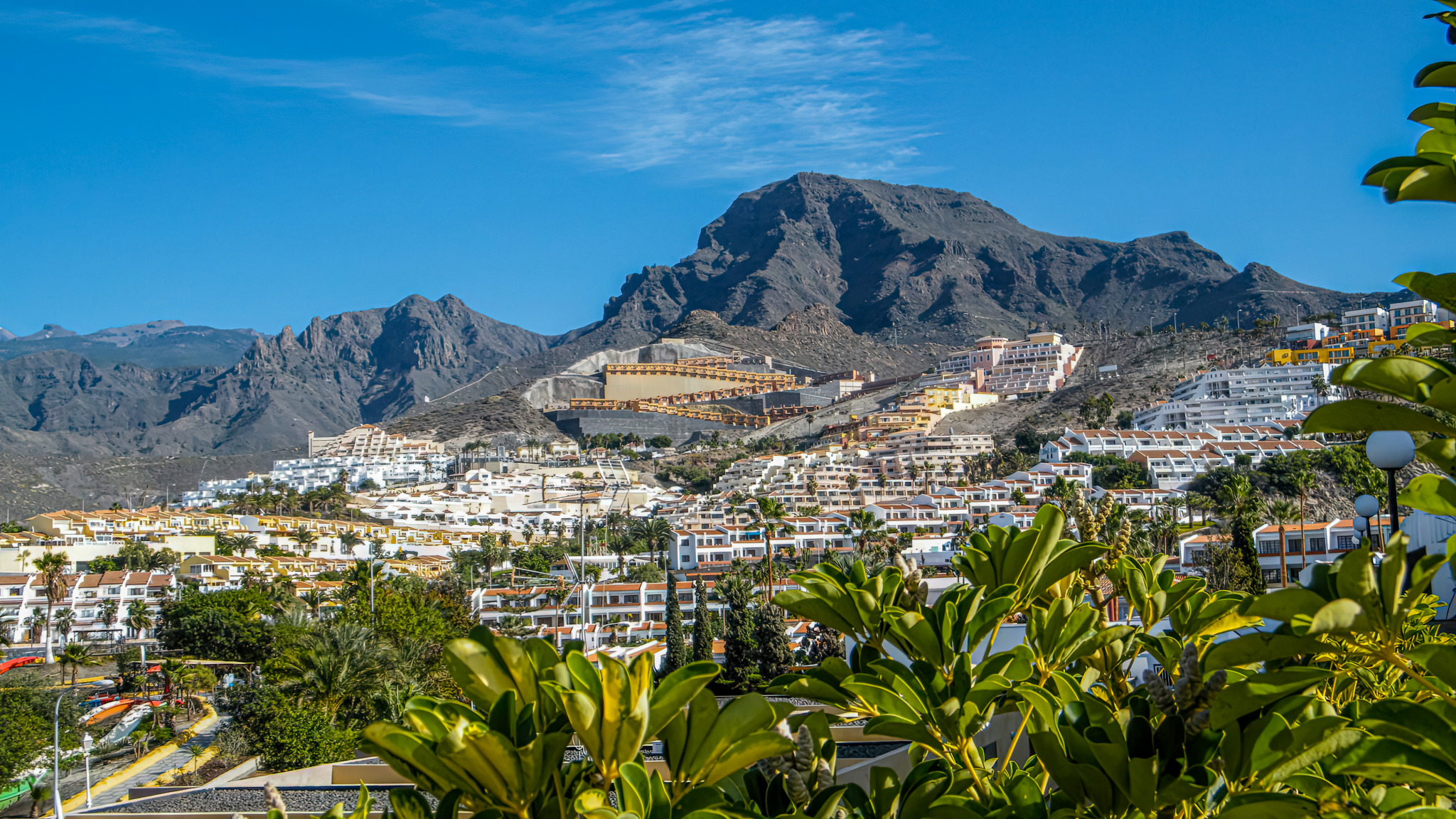Tenerife is the largest and most populous island of the seven Canary Islands, a Spanish archipelago located in the Atlantic Ocean off the northwest coast of Africa. Here are some key points about Tenerife:
- Location: Tenerife is situated in the Atlantic Ocean, approximately 300 kilometers (186 miles) off the coast of Morocco in North Africa. It is the most westerly of the Canary Islands and lies between the parallels of 28º and 29º latitude North and the meridians of 16º and 17º longitude West.
- Geography: Tenerife is a volcanic island with a diverse landscape that includes volcanic peaks, lush forests, and sandy beaches. The island is dominated by the massive volcano Mount Teide, which is the highest peak in Spain and the third-largest volcano in the world from its base. Teide National Park, which surrounds Mount Teide, is a UNESCO World Heritage Site and a popular destination for hiking and nature exploration.
- Climate: Tenerife has a subtropical climate with mild temperatures year-round. Coastal areas enjoy warm temperatures, while inland areas experience cooler temperatures due to elevation. The island’s climate is influenced by the trade winds, which create a pleasant and relatively stable climate.
- Tourism: Tenerife is a major tourist destination, attracting millions of visitors each year. Tourism is a significant part of the island’s economy, with visitors drawn to its sunny weather, beautiful beaches, vibrant nightlife, and diverse range of attractions and activities. Popular tourist areas include Playa de las Américas, Los Cristianos, Costa Adeje, and Puerto de la Cruz.
- Culture: Tenerife has a rich cultural heritage influenced by its Spanish and indigenous Guanche roots. The island hosts numerous festivals and events throughout the year, including Carnival of Santa Cruz de Tenerife, which is one of the largest carnival celebrations in the world. Traditional Canarian music, dance, and cuisine are also integral parts of Tenerife’s cultural identity.
- Biodiversity: Tenerife is home to a wide variety of plant and animal species, many of which are endemic to the Canary Islands. The island’s diverse ecosystems include laurel forests, pine forests, coastal dunes, and volcanic landscapes. Tenerife also boasts several protected natural areas, including Teide National Park and Anaga Rural Park, which are havens for biodiversity and outdoor recreation.
Overall, Tenerife offers a unique blend of natural beauty, cultural heritage, and recreational opportunities, making it a popular destination for travelers seeking sun, sea, and adventure in a stunning island setting.
Visited 19 times, 1 visit(s) today
Views: 94
Subscribe to the newsletter:
